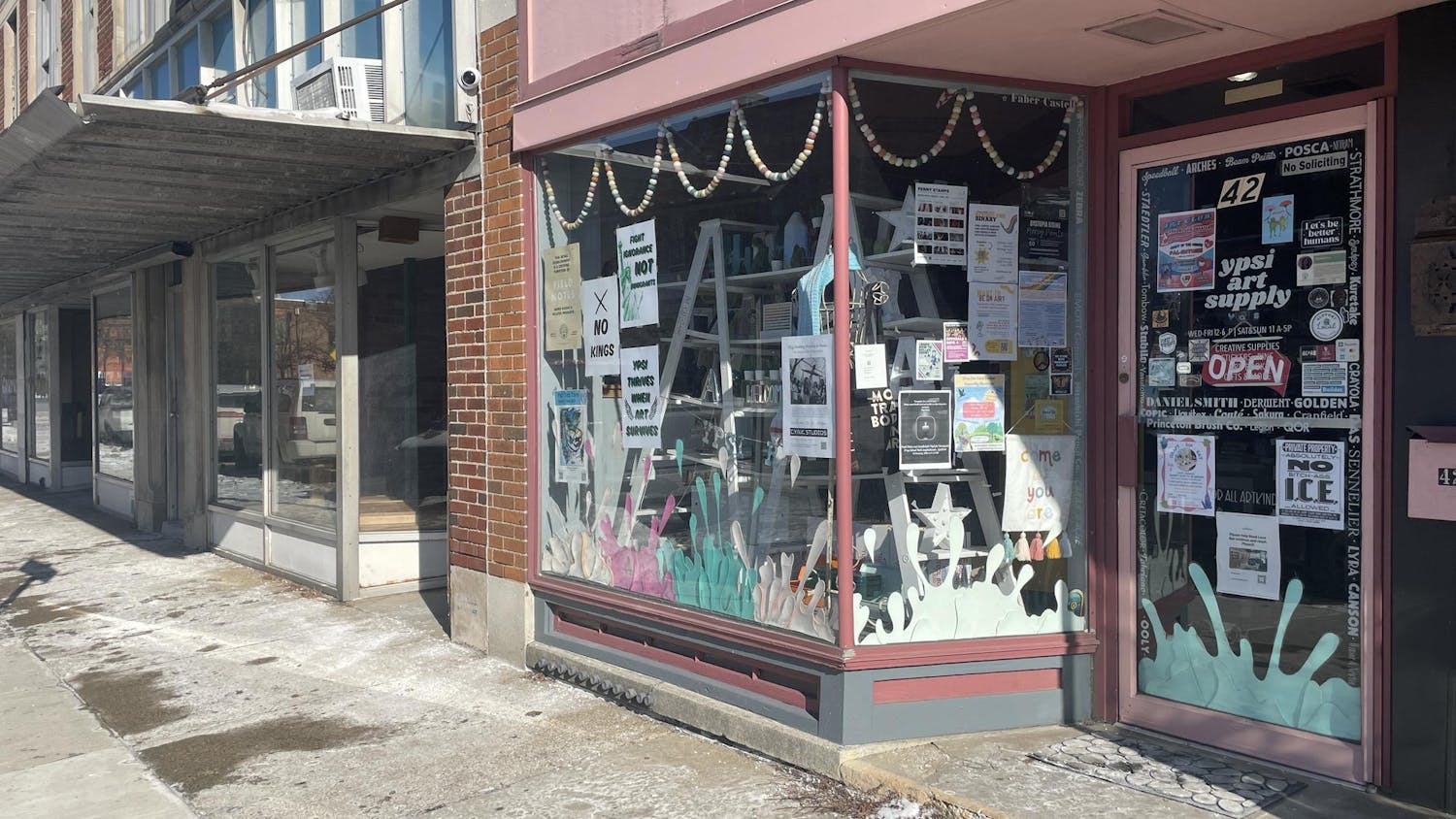The Faculty Development Center, Eastern Michigan University’s high-tech learning hub, and eFellows, a widely sponsored initiative, are gaining successful results as far as technology goes in classrooms.
The Faculty Affairs Committee and the Board of Regents discussed the benefits of both assets in a board meeting Tuesday.
Dr. Lisa Klopfer, interim director of the center, started off by explaining the efforts made so far:
“We take broad approaches—emails on program alerts, semester announcements … and we take more focused approaches like, personal communication.”
At the center, located in room 109 of Halle Library, interactive learning tools like classroom response systems, wikis and smartboards are introduced, practiced and applied. Workshops, reading groups, consultation on a number of points including curriculum development, syllabus design and classroom management are available as well.
Specific features of the center include a resource lab stocked with loaner equipment, research programs and skills training among others.
The reason the center heavily focuses on these issues, according to Klopfer, is recent studies show students expect their teachers to go beyond traditional presentation technologies and authoritative texts in order to utilize online teaching and captivate the classroom.
“We’re not just doing it because it’s the new thing,” said Sarah Ginsberg, associate professor in the department of special education. “We’re doing it to guide our teaching.”
So far, the development center has gained positive feedback, proving faculty is reciprocal to enhancing technical skills.
“I can’t tell you how many times I’ve seen someone practically in passing who says, ‘Hey, can you help me with this? I’ve been teaching it this way for five years and I want to do something different,’ ” Klopfer said. “So, I’ll say, ‘Why don’t you try this instead?’ They actually listen and are open to ideas.”
The FDC reported last year roughly 746 faculty members attended 70 training events and 719 signed into the lab. Not only do the FDC employees recognize the feedback, the students do, too.
“I think it’s encouraging our teachers want to better themselves,” senior Leslie Plante said. “A lot of them didn’t grow up with computers — or anything — so this is probably a huge step for them. I appreciate it.”
The eFellows initiative focuses on similar incentives and has gained attention from the FDC between Faculty Senate and Information Technology. It features projects promoting faculty-to-faculty and faculty-to-student
collaboration, course design, technology implementation in general education, materials and specific expertise to
improve faculty’s use of cutting edge techniques.
To date, iPads, classroom clickers and audio enhancement equipment for presentations including others have been awarded to noteworthy faculty. At the board meeting the clickers proved to be a hot topic.
Professors with access to clickers can propose a single question, which is broadcasted in front of the class, and students can unanimously submit their answer. The results of the entire classroom are displayed like a poll. In most situations, it’s a helpful indicator whether or not students absorbed the material efficiently.
However, one faculty committee member expressed her concern over the lack of classroom interaction classroom clickers entail.
“We have to keep in mind the benefits of participation and discussion before something like this gets out of hand and handicaps our students’ social skills,” she said.
Many members of the Board agreed, including Klopfer. Yet she said more advances in technical training around campus are expected. At the meeting, she said research proves students expect classes to be active, structured and immediately relevant.
“Faculty development: It’s all about student success,” Klopfer said. “If that’s what it’ll take, we’ll do it.”








